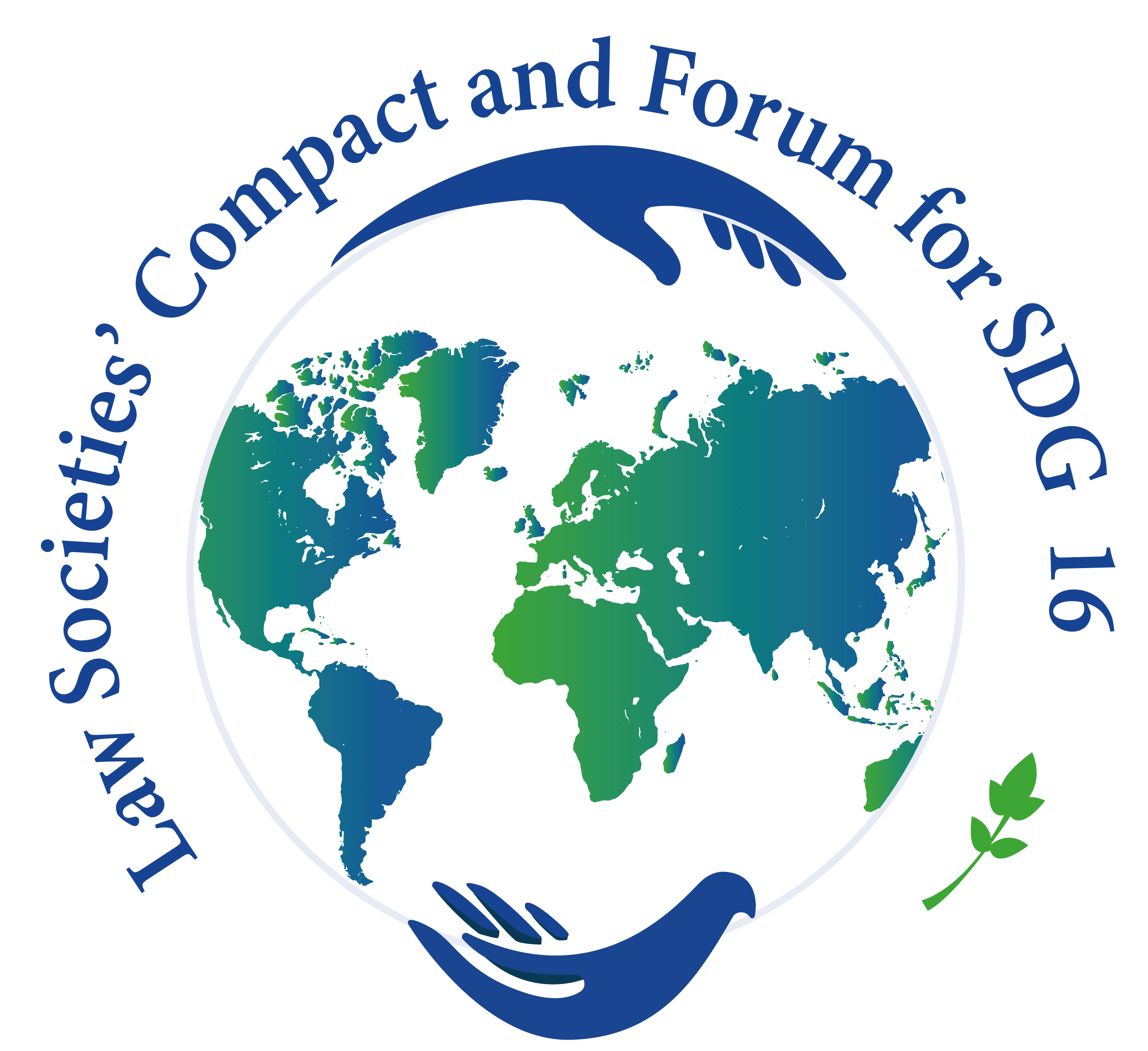Objectives
This working group is led by the French National Bar Council (CNB) and the Inter-American Bar Association.
It aims to promote access to justice for asylum seekers and migrants, who are often denied justice and fair process. Lawyers play a critical role in promoting access to justice for asylum seekers including accompany the asylum seeker throughout the asylum process, from the filing of the application to any appeals and family reunification procedures.
The working group will be focused on the Americas and will look at migration routes from South and Central America to North America. It will assess the effectiveness of the right to asylum as provided for in national and regional legal frameworks, identify best practices for asylum lawyers with the aim of building capacity in this area, and facilitate the exchange of information.
Members
Hélène Gacon
Member, Freedoms and Human Rights Committee, The French National Bar Council (CNB)
Lourdes Venes
Secretary General, The Inter-American Bar Association
Activities and Events
The Law Societies’ Compact & Forum for SDG 16 has officially launched the Right of Asylum Working Group with a successful online kick-off event on Tuesday, June 28th from 9:00 am to 10:30 am (ET). The working group, led as a joint initiative by the the French National Bar Council (CNB), the Inter-American Bar Association (IABA), and the American Bar Association (ABA), will be developing a new research project on access to justice for asylum seekers throughout the Americas.
Our renowned speakers were:
- Laurence Cecile Coste – Senior Counsel at the World Bank (Moderator)
- J. Clifford Frazier – Acting Vice President and Interim World Bank Group General Counsel
- Laurent Martinet – Vice-President, French National Bar Council
- Judd L. Kessler – President, Inter-American Bar Association
- Joel Hernández García – Commissioner and Rapporteur on the Rights of Human Rights Defenders and Justice Operators of the Inter-American Commission on Human Rights, Organization of the American States (OAS)
- Michelle N. Méndez – Director of Legal Resources and Training, National Immigration Project of the National Lawyers Guild
- Lourdes Escaffi Venes – Inter-American Bar Association
- Hélène Gacon – French National Bar Council
- Amelia Steadman McGowan – American Bar Association
The session started with an upsetting figure; by June of this year, the number of refugees and asylum seekers has exceeded 100 million people, including the 5 million Ukrainians who have been forced to flee their country. But this is part of a pattern where the number of forcibly displaced people is rising year after year. The refugee crisis is not only a humanitarian crisis, but also a development crisis because they normally move to countries that are struggling to meet their developing goals. The working group will have an initial focus on 4 countries – Argentina, Columbia, Mexico, and the United States of America – because of the important changes and challenges they are undergoing. Lawyers play a central role in the asylum process, and thus the objective of this working group is to assist and inform legal practitioners about good practices as well as creating a network of lawyers working towards this goal.
Laurent Martinet, being involved in various refugees’ initiatives including Greece and North of France, she is committed to find solutions and good practices. Judd L. Kessler highlighted how communications have shifted the causes for asylum back in World War II to now because they provide information which was very difficult to have access to in the past. In the same line, Joel Hernández recognized that the current scenario for asylum seekers has changed, and thus the 1951 Refugee Convention needs to be reviewed and evolved to grant a broader protection to those seeking it. LATAM is currently facing a challenging and complex situation with millions of people leaving Central America moving to Mexico to reach USA due to poverty, natural disasters, and criminality. In this context, the Inter-American Commission on Human Rights (IACHR) published in 2016 a set of standards and practices that should govern countries’ policies concerning asylum seekers, including areas such as human trafficking, freedom of movement, residence, as well as guidelines on due process for determination on refugee status (2020) or on how to protect family unity and reunification (2021).
Michelle described how is the US immigration system always involved political calculations of who is desirable and who is not, who should be included or excluded, resulting in racist, anti-migrant policies. Despite the difficult challenges migrants face, the US does not provide an appointment of legal counsel and U.S. Customs and Border Protection force migrants to wait in Mexico for a US immigration hearing while being exposed to torture, rape, murder, etc. In addition, Trump and Biden have relied on Title 42 of the Public Health Services Act to suspend and stop entry of individuals into the U.S. on the grounds to protect public health. Michelle also underlined that in immigration courts, 67,6% of the cases are denied, and for underrepresented people the figure amounts to 87%.
Lourdes outlined the importance of joining forces and the committed partnerships for migrant crisis at the Compact and Forum to co-generate knowledge and, even more importantly, identify how it compares with application. Hélène then described that the working group to identify judicial obstacles and good practices and solutions in the American continent. The objective is to provide lawyers with practical and efficient guidelines in the field of assistance to migrants and asylum seekers and to raise awareness amongst organizations and public authorities about practical solutions to reduce identified obstacles. Lastly, Amelia explained how Argentina, Columbia, and Mexico have recently become countries of transit or destination.
The session concluded with Laurence’s conclusory remarks and appreciation to speakers and audience, and she explained how to become involved with the initiative.
